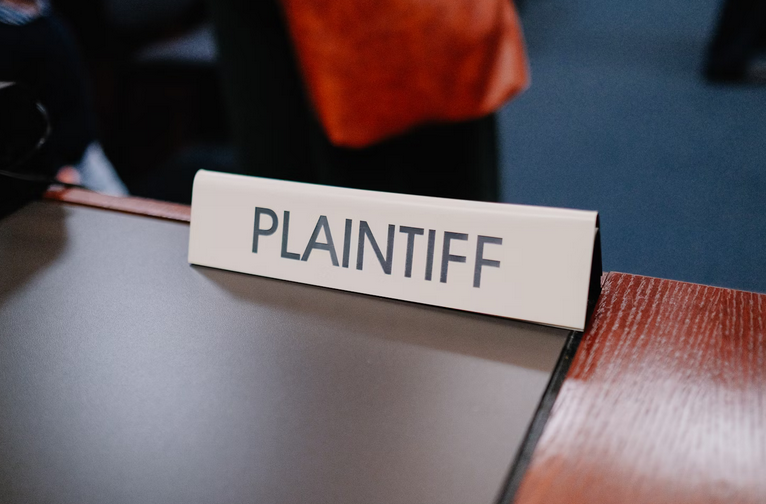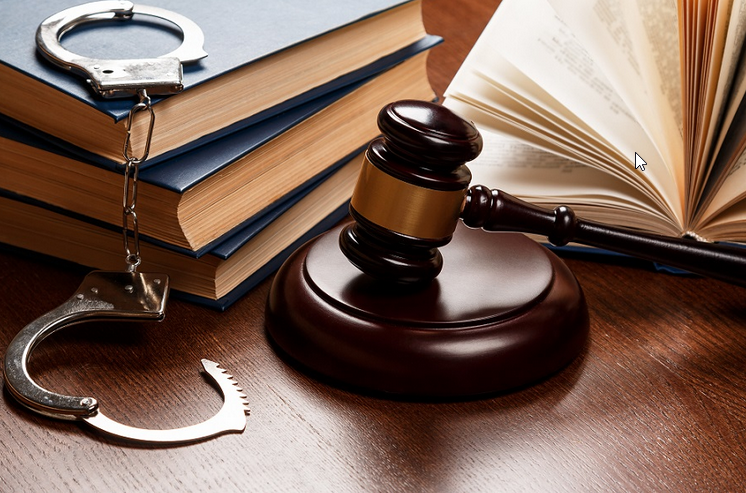What to Expect When You Hire a Drink Driving Lawyer
Being charged with drunk driving is stressful. You may feel uncertain about what’s next or how serious the consequences might be. That’s when hiring a drunk driving lawyer becomes essential. DUI lawyers are experienced in handling these cases and know how to protect your rights while guiding you through the legal process. But still, knowing what to expect when you hire one helps you prepare and reduces unnecessary worry.
Initial Consultation
The first meeting is about understanding your situation. The lawyer will ask detailed questions about your charge, what happened during the arrest, and any communication you had with the police. Be honest and provide as much information as you can. You’ll also have the chance to ask questions about the process, possible outcomes, and legal fees. This meeting sets the stage for the relationship, so clarity is important.
Legal Process Explanation
The legal system can be confusing, especially if you’ve never dealt with it before. Your lawyer will explain each step so you know what to expect. That includes court appearances, submission deadlines, and the range of possible penalties. Some cases resolve quickly. Others take time. Either way, you’ll be kept informed and involved. This transparency ensures you never feel left in the dark.
Evidence Reviews

Once you agree to work together, your lawyer begins gathering and reviewing all available evidence. That includes police reports, breath or blood test results, and any video footage if available. A good lawyer doesn’t just accept the evidence at face value they scrutinize it. If something was done improperly, such as a testing error or a rights violation, your lawyer may be able to use that to strengthen your case. This review is a critical part of building your defense.
Effective Strategies
Every case is unique. Your lawyer will tailor a defense strategy based on your specific circumstances. This may involve negotiating for reduced charges, challenging the accuracy of test results, or presenting character references. In some cases, your lawyer may recommend entering a guilty plea with a plan to argue for more lenient sentencing. In others, they may advise fighting the charge entirely. Their role is to give honest advice and help you make informed choices.
Court Representation
If your case goes to court, your lawyer will represent you. This includes speaking on your behalf, questioning witnesses, and presenting your case to the judge. Having someone skilled in court procedure is valuable. They understand how to frame your case in the best light and avoid unnecessary mistakes. This stage can feel intimidating, but with legal support, you won’t face it alone.
Hiring a drunk driving lawyer is about more than getting legal advice. It’s about making sure your rights are respected at every step. The consequences of a conviction can affect your license, your job, and even your future travel. Having someone to defend you with the utmost attention to detail is not just helpful it’s often necessary. Their knowledge and experience can have a direct impact on the outcome of your case.…














 When you’re in the middle of a divorce, it’s easy to feel like no one can understand. You may be tempted to try and power through on your own by “being strong” or not talking about what you are going through. This is an understandable response, but please don’t make this mistake! Instead, seek help and guidance from a professional therapist or your closest friends and family members that can offer you peace of mind and a shoulder to cry on.
When you’re in the middle of a divorce, it’s easy to feel like no one can understand. You may be tempted to try and power through on your own by “being strong” or not talking about what you are going through. This is an understandable response, but please don’t make this mistake! Instead, seek help and guidance from a professional therapist or your closest friends and family members that can offer you peace of mind and a shoulder to cry on.
 Different criminal defense attorneys specialize in specific types of criminal cases. If you want to find the best attorneys, it is essential to understand the nature of your criminal case to enable you to choose the best lawyer. It is crucial to select the right lawyer based on your charges to determine the success of your case. If you are convicted of fraud charges, then a criminal fraud lawyer will assist you in your case and ensure you win.
Different criminal defense attorneys specialize in specific types of criminal cases. If you want to find the best attorneys, it is essential to understand the nature of your criminal case to enable you to choose the best lawyer. It is crucial to select the right lawyer based on your charges to determine the success of your case. If you are convicted of fraud charges, then a criminal fraud lawyer will assist you in your case and ensure you win.